On 17 – 18 September 2018 Natalie Stewart (Doctoral College Research Skills and Development Officer), Thomas Stroud (Doctoral College Resources Administrator) and Emily Cieciura (RKEO Research Knowledge and Exchange Development Framework Facilitator) attended the Vitae Researcher Development International Conference, the largest global event dedicated to researcher development.
With around 400 delegates in attendance, the conference explored the latest policy development, future development in the sector and explored the opportunities and challenges of researcher development.
With an emphasis on how to meet the future development needs of researchers for a wide range of careers in and beyond academia, we came back more informed, connected and motivated to ensure Bournemouth University Postgraduate Research Students and Research Staff are provided with comprehensive, targeted and flexible researcher development programmes.
Three Minute Thesis UK Final
The UK National 3MT® Final was hosted at the conference gala dinner where six finalists from across the UK competed to win the coveted £3k grant to spend on a public engagement activity and a place on the Taylor & Francis Journal Editor Mentoring Programme. This year’s judge’s winner was Owen James, University of Edinburgh, with the winning presentation entitled ‘Human myelin in a dish’ and the people’s choice award went to Jamie Khoo with the emotive presentation ‘But is she pretty? How women respond to beauty ideals’. The 3MT® event is definitely a highlight of the conference; hopefully we can get BU PGRs represented in the coming years. Look out for the internal 3MT® event coming up this year. You can watch all of the semi-finalist 2018 presentations on the Vitae Website here.
Doctoral College Researcher Development Programme
The RDP is complementary to postgraduate research degrees here at BU and offers PGRs flexibility to develop their academic, professional and personal skills as and when required. It supports PGRs in gaining the skills needed to complete their research degree whilst also building on transferable skills for employment, whether in academia or beyond, in an increasingly competitive jobs market.
Offering over 150 on-campus workshops, e-learning, an interactive webinar series, and a range of additional online resources, and various events the RDP mirrors the Vitae Researcher Development Framework (RDF) which enables PGRs to tailor their individual developmental journey.
The RDP is open to all PGRs and, access to view the provisions offered on Brightspace is provided to PGR supervisors.
If you have any questions on the RDP please contact the Research Skills and Development Officers Natalie and Clare (pgrskillsdevelopment@bournemouth.ac.uk).
RKEO Research and Knowledge Exchange Development Framework
The RKEDF offers a range of opportunities for academics at all career stages to develop their skills, knowledge and capabilities in relation to research and knowledge exchange.
Attending the Vitae conference enables us to share in the best practice across the UK and globally, providing the impetus to embrace innovative researcher development approaches. In the last twelve months, for example, BU has launched a new Early Career Researcher Network, including its Brightspace community, seen successful cohorts for the Writing Academy, Research Council Development Scheme, piloted a new career-based pathway, with dedicated developmental support for ECRs, Mid-Career and Professorial researchers, benefited from inspirational external speakers, and hosted over 150 events ranging from funder briefings to STEAMLabs. Following discussion of your development requirements with your line manager and consideration of how the RKEDF can support these needs, the RKEDF is open to all BU academic staff, including those on fixed and PTHP contracts.
The RKEDF also references the Vitae Researcher Development Framework (RDF).
If you have any questions about the RKEDF, please contact Emily Cieciura, RKEDF Facilitator (RKEDevFramework@bournemouth.ac.uk).







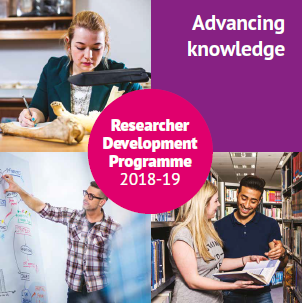

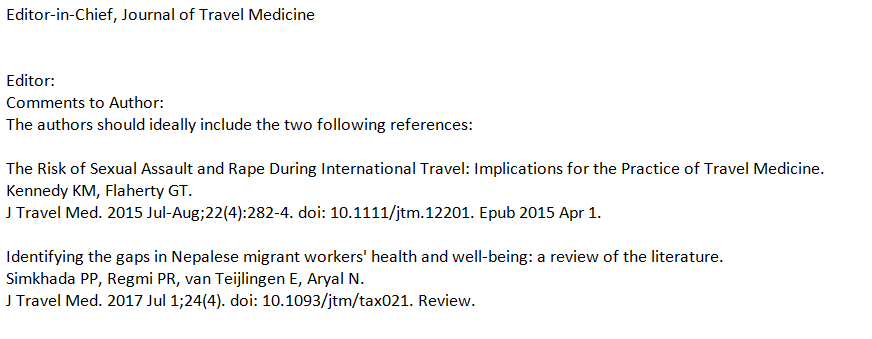
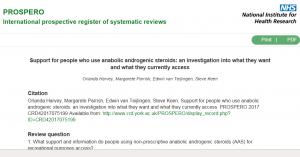
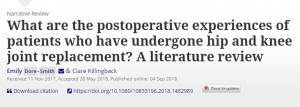
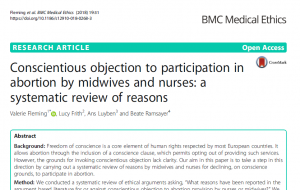
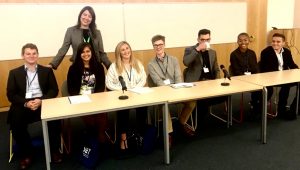












 BU Professor has been invited to a series of plenary and invited lectures.
BU Professor has been invited to a series of plenary and invited lectures. Research reaching non-academic audiences
Research reaching non-academic audiences April’s Café Scientifique – Should we help machines understand and respond to our emotions?
April’s Café Scientifique – Should we help machines understand and respond to our emotions? Postgraduate Research Experience Survey (PRES) 2024 – 2 WEEKS LEFT
Postgraduate Research Experience Survey (PRES) 2024 – 2 WEEKS LEFT Working with The Conversation: online training session – Wednesday 8th May
Working with The Conversation: online training session – Wednesday 8th May Apply for up to £1,000 to deliver an event and take part in a national festival of public engagement with research
Apply for up to £1,000 to deliver an event and take part in a national festival of public engagement with research MSCA Postdoctoral Fellowships 2024
MSCA Postdoctoral Fellowships 2024 Horizon Europe News – December 2023
Horizon Europe News – December 2023